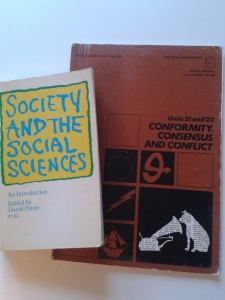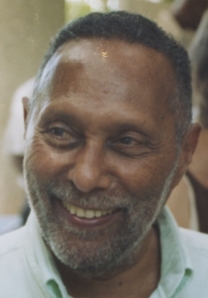I am attending the NCRM Research Methods Festival in July, Oxford. I like the fact that it is called a Festival rather than a Conference as I think it sets a particular vibe about what the event aims to achieve – which is to get people excited about research methods and for those of us who are already excited, provide the best place to meet other excited geeks. I think this is an important event as I’ve heard that Research Methods seems to be a topic students are bored by and tends to get offloaded to new lecturers or PhD students. But there is no reason for Research Methods to be boring or a burden.
In the evening of the festival, there is an entertainment programme. The great sociologist and Radio 4’s Thinking Allowed presenter Laurie Taylor will be speaking on one night and Red Magic, a socialist magician on another. There is also an option for a walking tour of Oxford and a film showing of the British longitudinal ITV documentary, 7Up, which follows the lives of a group of children who were aged 7 in 1964 to the current day (which is a similar age group to the 1958 Birth Cohort study I am using for my PhD)
Having a film viewing at a conference or event is an interesting idea. If I were to show a film I would show possibly the only comedy about the pitfalls of positivist social science – Kitchen Stories (2003).
Kitchen Stories is a Norwegian/Swedish comedy set in the 1950s about sophisticated Swedish researchers going out to observe the kitchen habits of single men in rural Norway. Inevitably issues arise with the research design: observer effects, research ethics, power relationships in research, the trials and tribulations in working with cross-country research teams and so on… All with a soundtrack which includes the fabulous Swedish Jazz Pianist, Jan Johansson.
If anyone can find any other research methods related films, then please let me know – Pygmalian / My fair lady is another one perhaps?
Maybe one day we could put on a Research Methods film festival! *faints with excitement*
(c) 2014 Annika Coughlin



